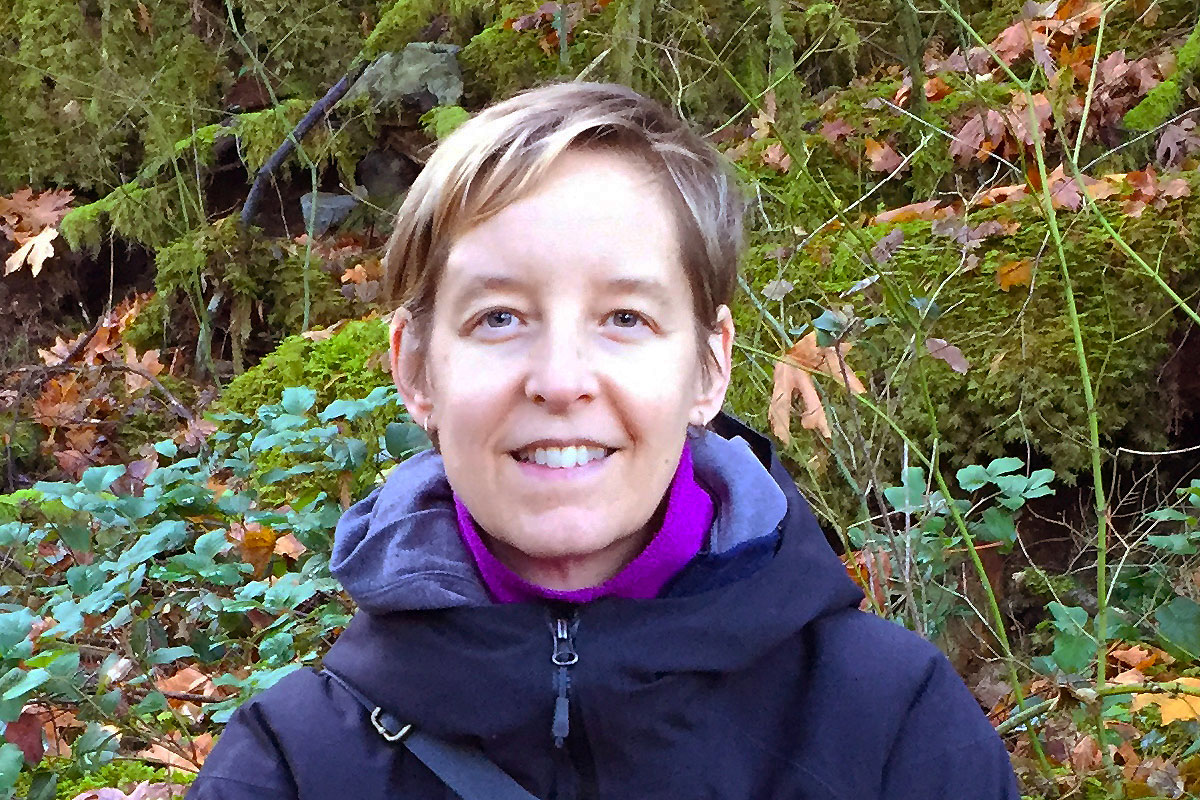
The Childhood Experiences Questionnaire: Parent/Caregiver Info

The CHEQ provides actionable information on the early experiences and environments of children and families that can help communities, schools and school districts understand more about the supports and services needed by families with young children.
The Childhood Experiences Questionnaire (CHEQ) is completed by parents or caregivers at the start of their child’s kindergarten school year. It is an innovative way to gather and report on children’s experiences in their early environments prior to starting school. The CHEQ focuses on experiences in specific areas of development that are strongly linked to your child’s health and well-being, education and social outcomes.
CHEQ Completion
The CHEQ is completed by parents and caregivers of incoming kindergarten students during the first few weeks of the school year.
ONLINE Questionnaire
Can be completed online at school or at home and takes approximately 30 minutes.
All About Experiences
Used to collect information on experiences that are strongly linked to children’s health and well-being, learning and social outcomes.
Benefits of the CHEQ
Used to help educators, school district and community partners provide and improve supports for children and families.
CHEQ is Voluntary
Completion of the CHEQ by parents and caregivers is voluntary.
CHEQ is NOT...
Used to evaluate individual children, families or parents or to assess children’s skills or abilities.
The CHEQ includes questions related to the following:
- Daily physical activity, nutrition, screen time and sleep habits
- Experiences related to numeracy and literacy
- Early social and emotional experiences
- Child care arrangements, access and use of early learning and care programs
- Contact with the health care system
- Family demographics and supports
If you feel that there is important information about your child’s experiences that is not included in the CHEQ, please share it with your child’s school. Additionally, if there is information you disclosed on the CHEQ that you feel your child’s school should know, please share this directly with a person at the school. Although teachers and principals are encouraged to review CHEQ reports, it is not mandatory.
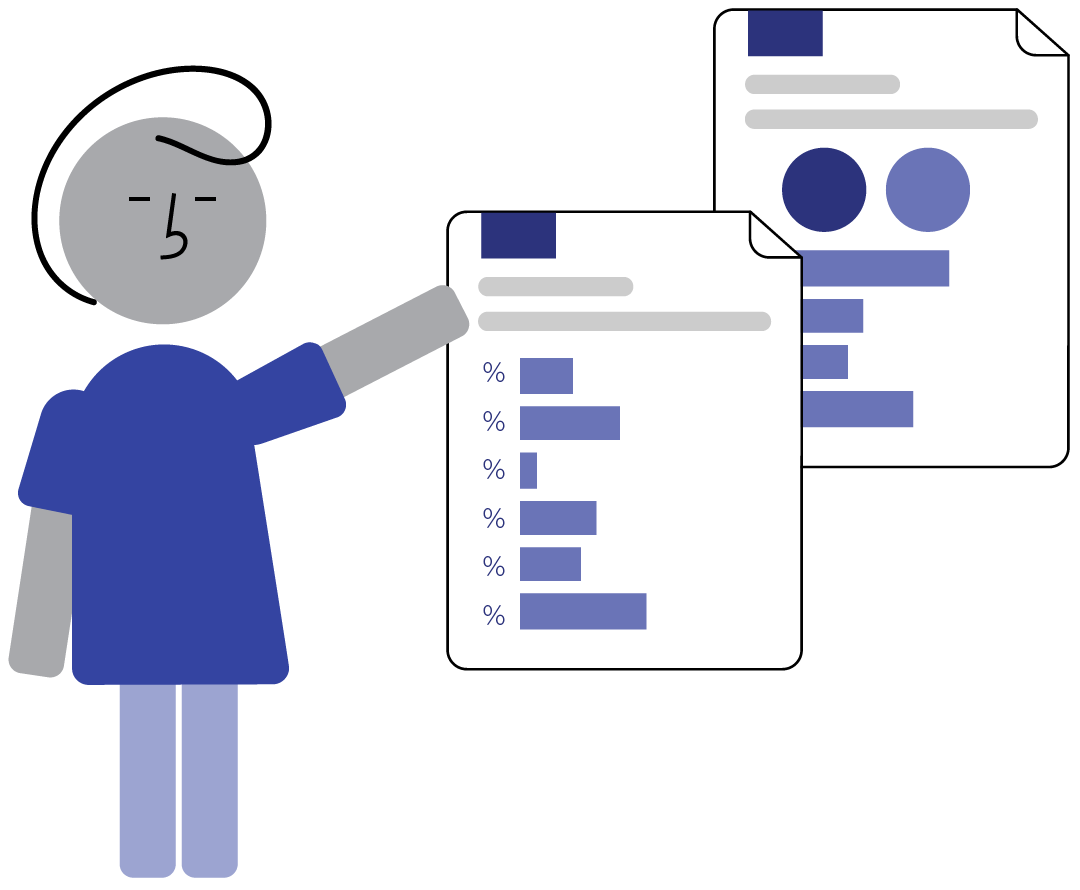

Who uses CHEQ data?
CHEQ data provide important and actionable information on the early experiences and environments of children and families across participating school districts. Information provided by the CHEQ can contribute to an increased understanding of a range of issues including: access and barriers to supports and services, frequency of experiences in key areas that support health and development, and perceived community safety and connectedness.
Information gathered through the CHEQ can help communities understand how and where to provide support and services to families with young children. It can also help teachers and school staff learn more about each new kindergarten student and their family, as well as support classroom and school-level planning.
CHEQ Administration
If your school district is participating in the CHEQ project, your child’s school will send you an information letter notifying you of when and how to complete the CHEQ. The letter will also include information about the CHEQ and contact information in case you have any questions. The school may organize an opportunity for you, and other parents and caregivers, to complete the CHEQ in the first few weeks of the school year at the school, or may send you an email with details about how to complete the CHEQ online at home.
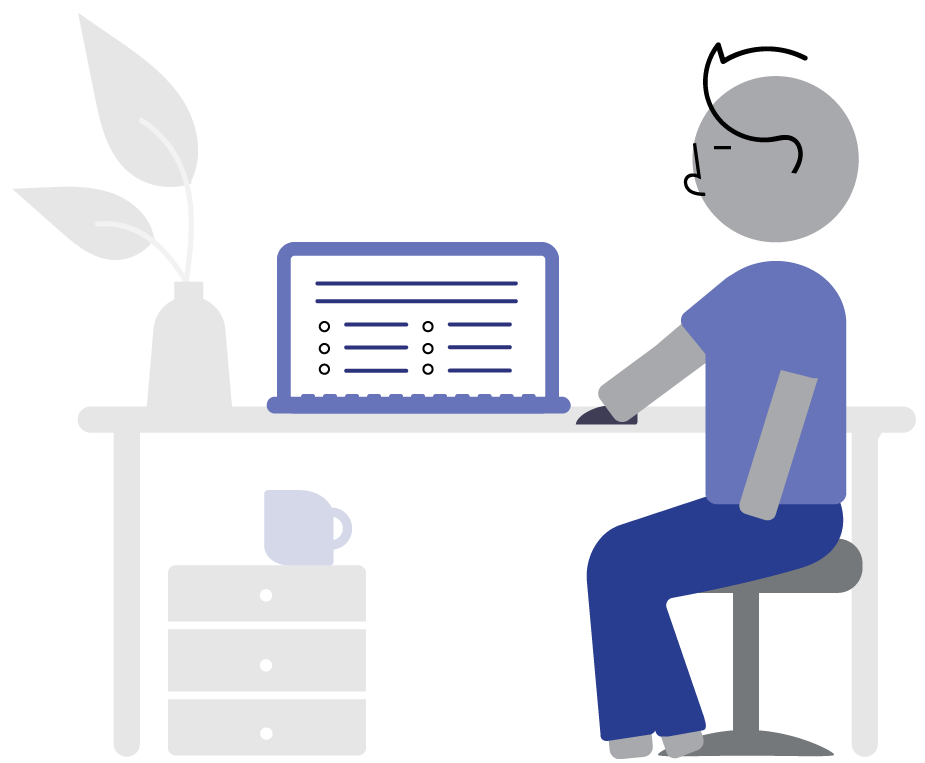
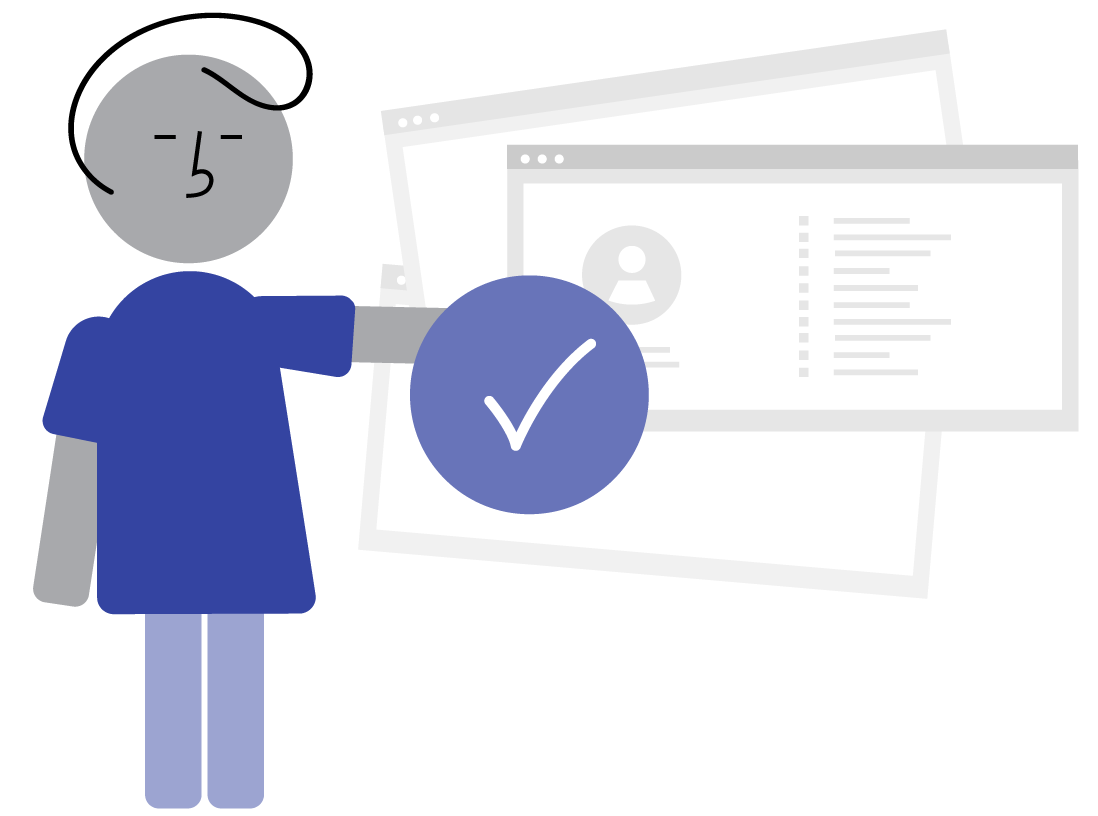
CHEQ is Voluntary
Your decision to complete the CHEQ is voluntary, which means it is entirely up to you. You have the right to refuse to complete it. If you choose to complete it, you can stop at any time without giving a reason and without any negative impact on you or your child. You may also skip questions or respond with “prefer not to answer” on questions about your child’s experiences.
Prior to completing the questionnaire at school or at home, you will be prompted to review the consent letter and by clicking “I Agree” will be directed to begin the CHEQ. This process is called Parent/Guardian Active Consent and is part of our commitment to ensuring that parents and caregivers feel comfortable completing the questionnaire and sharing information about their child’s experiences with teachers and school staff.
What happens to the information you provide?
Once you have completed the CHEQ, the information provided about your child’s early experiences and environments can be viewed by their teacher and school personnel. This information may be used by the teacher to better understand your child and others in their class and to plan for the school year. For this reason, the names of children are attached to these individual reports. School personnel follow their professional practice guidelines for safeguarding personal information and these reports are not publicly available.
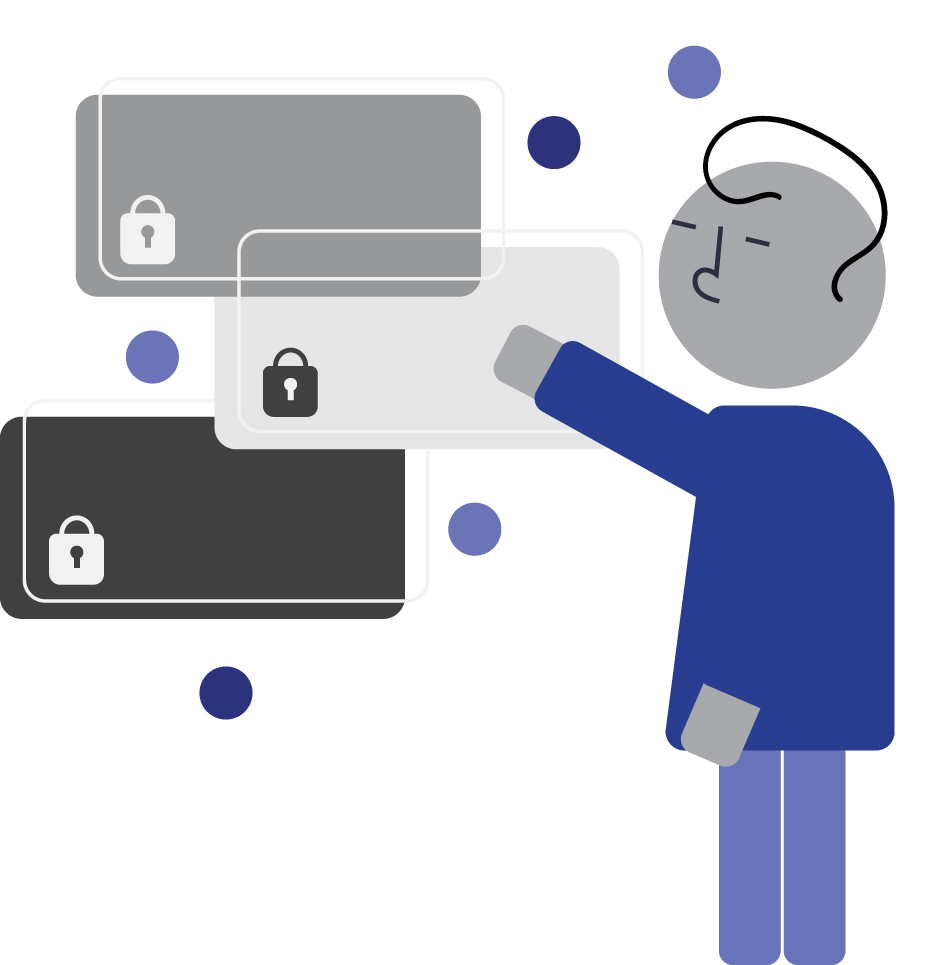
Information about Children’s Experiences and Environments
This information is also grouped together with the responses of other parents and caregivers, stripped of any identifying information, and summarized at the school, school district and neighbourhood level. These reports may be used by school districts, early years service providers, government and health partners for community development and service planning purposes.
Private Information
Information gathered through the CHEQ about your family’s employment, education level and income is confidential and is not shared with your child’s teacher or school. Identifying information is removed from these responses and these data are grouped together and used for research purposes only. This population-level health data can be used to better understand the characteristics of the neighborhood and community and how different factors influence the nature of the experiences children have before they begin kindergarten.
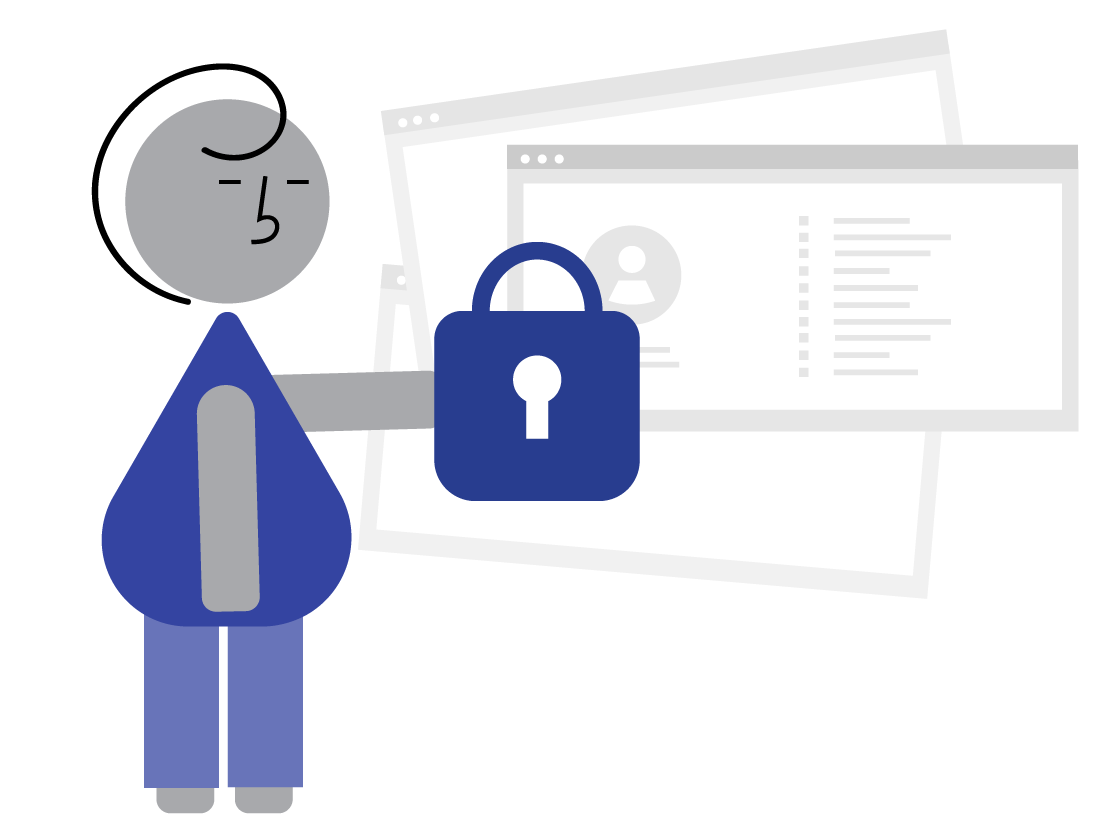
How is my information protected?
The protection of your child’s and family’s privacy is something HELP takes very seriously. Please visit our Safeguarding Personal Information page to learn more about how we protect the information that you provide on the CHEQ.
Key CHEQ Contacts

Barry Forer
Research Methodologist

Brandon Schulmeister
Lead, CHEQ/EDI Implementation
